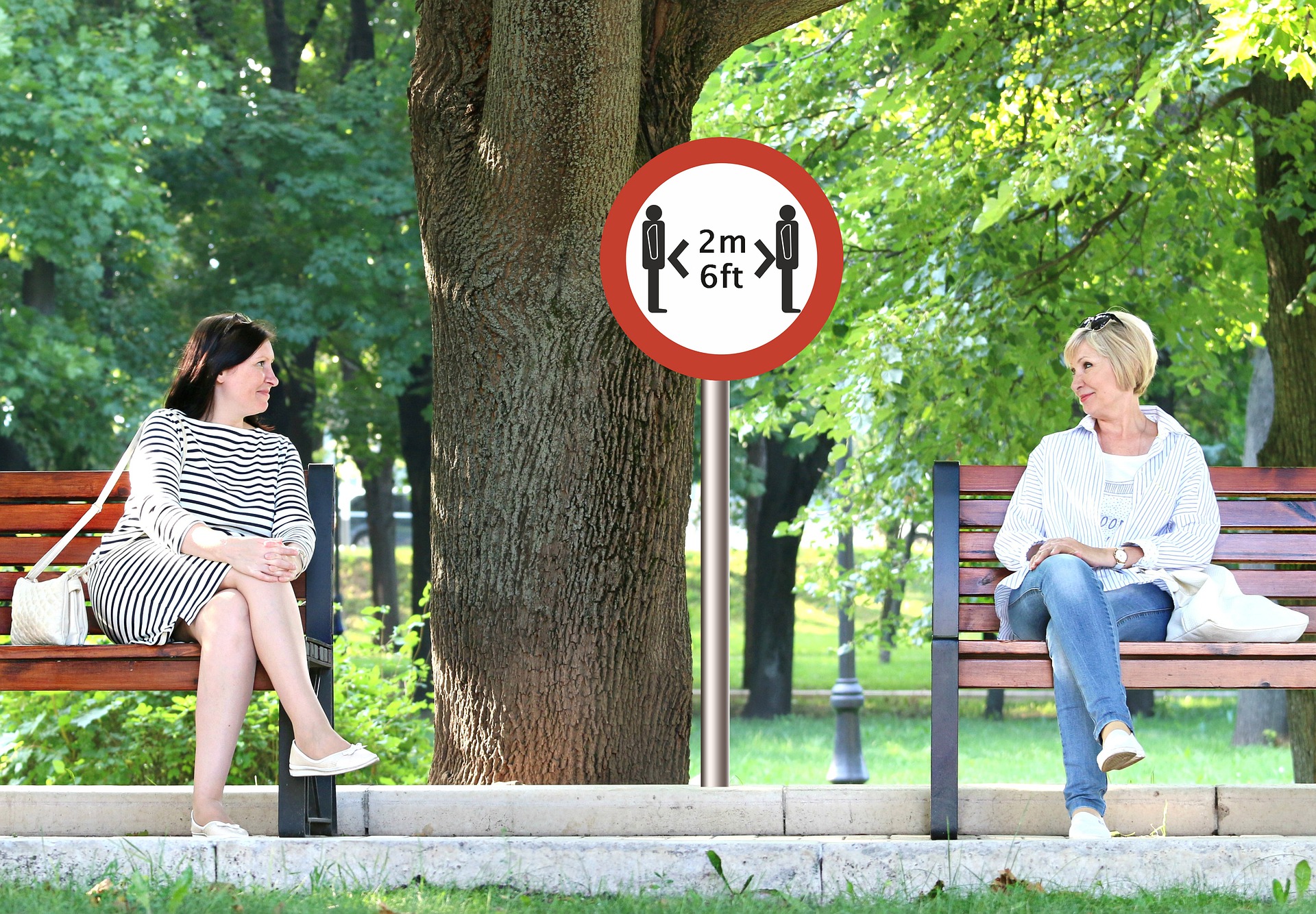Are You Afraid of Being Social?

The secret of health for both mind and body is not to mourn for the past, worry about the future, or anticipate troubles, but to live in the present moment wisely and earnestly. -Buddha
As restrictions are lessening and people are safely social distancing in public are you finding yourself unable to join them? Do you find yourself canceling plans or not wanting to see anyone? Do you feel like you are still living in full lockdown?
While it is good to be self-aware and take safety measures into account during this time, it is also important to notice if you are indulging in negative behaviors. One common factor that many of us are experiencing since the pandemic is social isolation. During the lockdown, it was mandatory that we keep our distance from people who we weren’t currently living with, but now that we are able to go outside and see people, there are still some that are incapable of making the transition back to regular social life perhaps due to developing social anxiety perpetuating further avoidance and further social isolation.
The effects of social isolation are associated with a rise in anxiety and depression along with an increased probability of cognitive decline and decline in general functions. “We’re a social species,” says Stephanie Cacioppo who is a social neuroscientist and cognitive psychologist at the University of Chicago. “We really need others to survive.”
One recent study focused on measuring the cognitive function of more than 6,000 adults taking part in the English Longitudinal Study of Ageing (ELSA). The individuals who reported having limited social interaction and activities showed a rapid decline in cognitive function, this was measured by verbal articulacy and memory recall after four years. Other examples, following spaceship members and scientists in remote areas, show side effects of loneliness involving the individuals experiencing confusion, shifts in personality, and moments of anxiety and depression.
How can we reduce social isolation?
Here are some helpful tips on how to be socially present.
• Exercise Outside in groups. While getting exercise is already known to be beneficial to your mental and psychical health, try to add a bit of social to this activity. Try looking out for groups that do outdoor fitness, such as Yoga in the park or Pilates on the beach. Invite a friend or family member to go and join in on the fitness fun.
• Go for a walk with a friend. Getting out of your house and moving around outside can be helpful to reset your mind and destress from current situations. Take that time to reset with a buddy, reconnect while you are stretching your legs.
• Sharing a meal. Food has always been linked to social interactions, whether it be inviting people over for dinner or sharing a recipe with a coworker. While it is important to be socially aware of the current safety protocols, you can always make yourself a meal-to-go and eat it outside with a friend.
• Beat the heat and go to the water. It is summer and the best way to cool off is to go take a dip in the water. Plan a trip with family or friends and go do some water activities.
There are many activities that can involve social interactions. Be creative, find what you already like to do, and think about how you can add your friends or family. However, if your social anxiety is so bad despite your best efforts at managing it, then please reach out to a medical professional. We are always here to help.